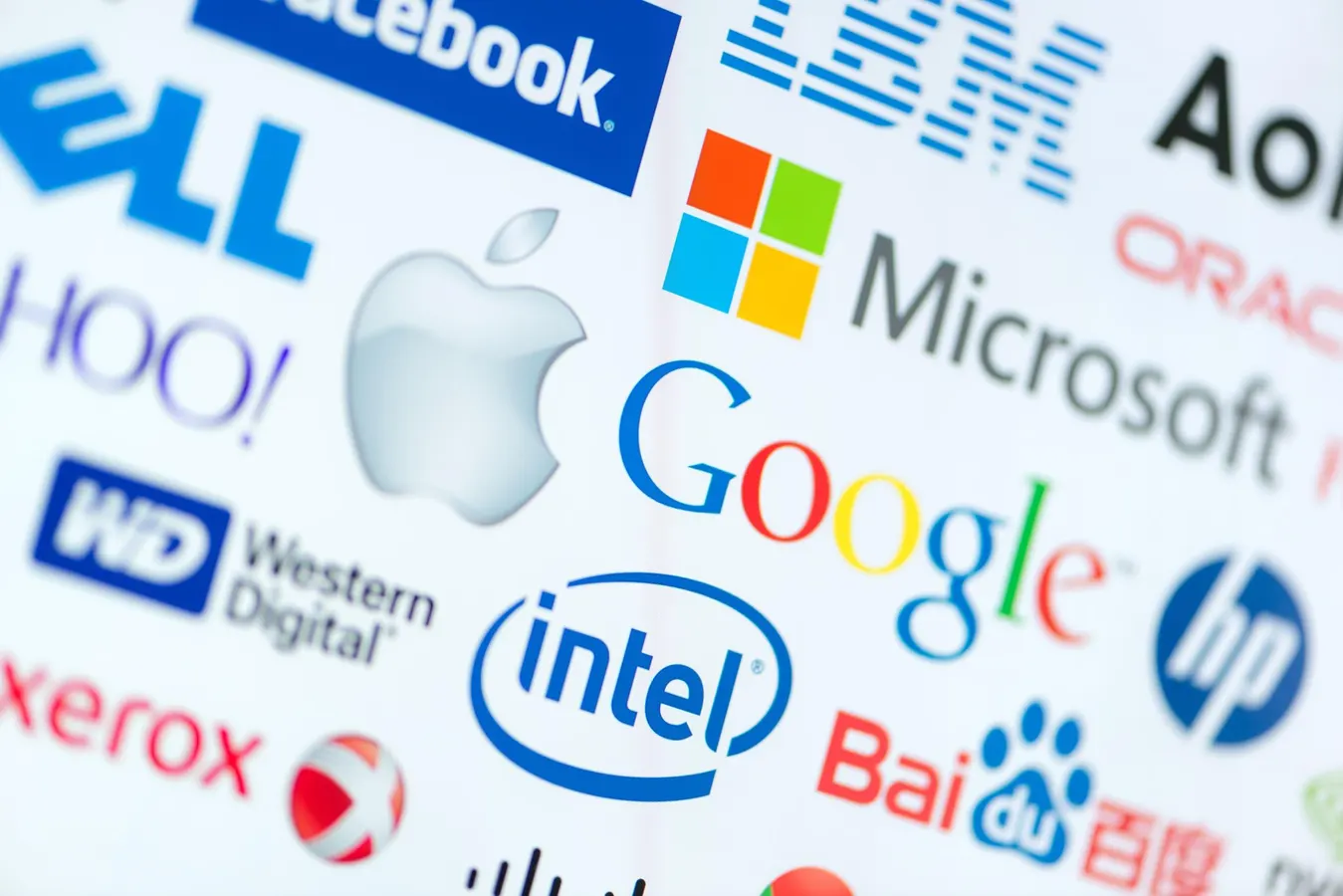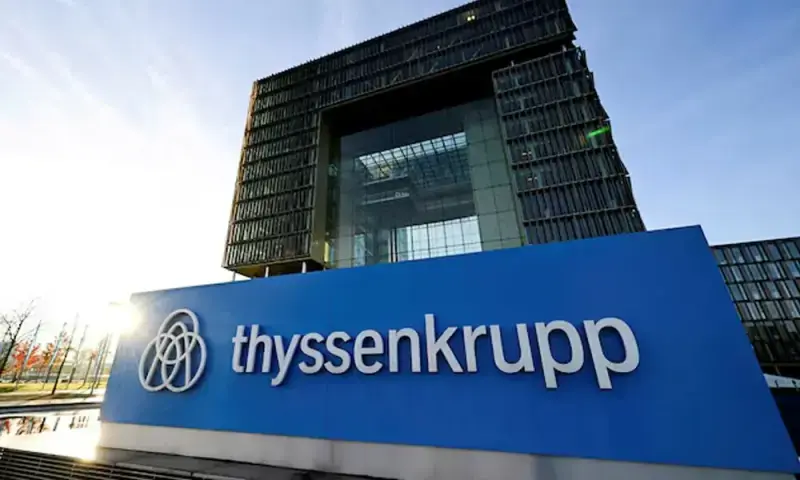Copyright forbes

As major tech companies post record earnings, professionals, entrepreneurs, and small businesses are navigating a landscape of opportunities and challenges that could reshape the future of work and local economic growth. When we talk about “big tech earnings,” we are referring to major technology companies (platforms, digital services, cloud infrastructure, ad‑driven business models) that are continuing to generate very large profits, expand market power, and define what technologies we use and how the economy works. Recent earnings reports highlight the scale and financial power of major tech firms. Apple rose more than 3 percent after reporting $102.47 billion in revenue and $1.85 EPS, driven by iPhone and Services. Alphabet recorded its first $100 billion quarter, up 16 percent year over year, fueled by strong search and cloud performance. Microsoft posted $77.7 billion in revenue and $3.72 EPS but fell on concerns about AI infrastructure spending. Meta set a record $51.24 billion in revenue, then dropped 10 percent after a $15.9 billion tax charge and rising Reality Labs capital expenditures. Oracle remained elevated as cloud sales climbed 28 percent in September, while Amazon jumped over 13 percent after hours due to AWS posting its largest revenue growth rate since 2022, according to Forbes Contributor Charlie Fink. These figures are not just indicators of corporate success. They signal where resources, investment, and influence are moving toward. For Black communities and other historically groups with limited access, the question becomes how much of this economic power translates into opportunities. The fact that these firms are so dominant means the decisions they make regarding hiring, investment, product design, pricing, location of data centers, partnerships, and other areas will have ripple effects across the economy and society, especially for Black communities, working-class professionals, and other wealth-deprived groups. Big tech’s earning power gives them resources to invest, disinvest, or redirect, but it also gives them leverage to negotiate tax breaks, dictate terms to suppliers, and influence policy around their needs, driven by market gains. For communities that have been systemically neglected, the presence, behavior, and influence of big tech firms can either open doors or reinforce and perpetuate economic disadvantage, depending on how they operate. Thus, earnings results are not just numbers for investors; they are indicators of power, possibility, and risk. MORE FOR YOU Below are several key channels through which big tech earnings and their behaviors potentially affect the Black community and other marginalized groups. Employment, Stable Career Pathways, Income, and Access to High‑Growth Jobs High‑pay tech jobs remain concentrated, and access to them is still highly unequal. For example, the Equal Employment Opportunity Commission (EEOC) found that women, Black workers, and Hispanic workers remain significantly underrepresented in the U.S. high‑tech workforce (Reuters). As firms earn more and scale, one might expect more hiring opportunities, but if structural barriers remain, such as gaps in education and training, limited networks, and employment bias and discrimination, the benefits may continue to bypass Black talent. This means that big earnings could translate into more capital for firms, but if that capital is tied up in automation, global services, or roles inaccessible to underrepresented workers, the Black community may see fewer benefits. Business Opportunities, Innovation Investment, and Entrepreneurship Big tech firms not only hire talent, they also create business ecosystems, including platforms, incubators, marketplaces, cloud services, and ad networks. For Black entrepreneurs and small businesses in Black communities, being included in these ecosystems is critical for innovation, offering new pathways, community growth, and economic stimulus. For example, the model of many large platforms is data-driven, algorithm-driven, and built for scale, often favoring firms with resources, technical capabilities, and established networks. The report Advancing Racial Equity Through Technology Policy argues that major tech business models often amplify racial inequities in access to business opportunities and services (AI Now Institute). If big tech earnings continue to increase, the potential for reinvestment into excluded populations exists, but that depends on corporate strategy, community outreach, inclusive design, and policy or regulation that share the benefits more broadly, rather than concentrating them within the corporation. Location, Infrastructure, Regional Impact, and Externalities The physical footprint of tech firms, including data centers, infrastructure build-out, real estate, and supply chains, is often strategically positioned in regions with Black and other marginalized communities. The earnings of these firms enable expansion, but that expansion may carry externalities, such as environmental burdens, displacement, wage exploitation, and tax-subsidy trade-offs, which disproportionately impact marginalized communities and reinforce gaps in who has access to high-paying jobs versus low-paying jobs, often based on data that appears to target certain groups rather than merit. Previously, singer-songwriter SZA took to Instagram to warn the public about the risks of AI consumption and the consequences it could have on “Beautiful Black Cities". One such danger is that large data centers have been shown to be disproportionately located in historically marginalized and polluted tracts, imposing higher health and environmental costs (Consumer Federation of America). Tax incentives are often given to tech firms instead of local entrepreneurs, and their expansion may divert resources away from critical public investment in underserved communities that could increase local value and re-vitalize neighborhoods. So, while high earnings generally lead to growth, what really matters is who benefits and who bears the cost. Technology, Access, Algorithmic Impact, and the Digital Divide The business model of big tech often relies on algorithms, user data, and advertising frameworks, which can pose significant risks for Black communities and professionals. For instance, algorithms may reproduce bias, and ad targeting or corporate strategic planning may exclude or even target certain populations to serve company goals and their bottom line. This digital divide ultimately creates unequal access to high-end infrastructure and opportunities. Big tech earnings can signal that resources are available to build or extend access, but there is no guarantee they will be used in a way that promotes community equity. The challenge is making sure these resources are deployed fairly, even as large tech firms amass record-breaking profits. Influence, Political Economy, Regulation, and Public Goods Big tech earnings fuel lobbying power, influence over regulation, and sway public policy. For underutilized communities, this is important information to understand because the rules governing tech platforms with respect to privacy, discrimination, labor practices, and community representation are being set in ways that may aggravate disparities. Big tech companies are aggressively investing billions of dollars into AI data centers, which company is leading the pack? Data Source: JP Morgan. (Graphic by Visual Capitalist via Getty Images) Getty Images However, there is still potential. As revenue continues to surge, there remains significant potential for shared growth. If earnings are paired with strategic hiring, more collaborative partnerships, and sustainable investment in disinvested communities that prioritize fair access to infrastructure and business opportunities, Black and marginalized communities could see real gains: more jobs, more business growth, more local investment, more technology infrastructure, and improved digital access. These benefits would, in turn, strengthen the broader society. One key solution is to identify and close the gaps that allow wealth and opportunity to flow upward and outward from Black neighborhoods rather than into them. Black communities and their allies can do this by actively tracking how big tech’s growth impacts equity. This includes scrutinizing hiring and leadership diversity, investing in pathways for talent, and ensuring that vendor and entrepreneurial opportunities reach Black-owned businesses. Communities should also call on local and state officials to require that tech expansion deliver tangible local benefits, such as jobs, infrastructure, and fair taxation, while maintaining transparency about plans that could affect housing, displacement, or the environment. Individuals can take action by contacting their state legislators, participating in public hearings, or submitting feedback through online regulatory channels. Furthermore, there is an opportunity for new organizations and coalitions to advocate for inclusive technology design and algorithmic fairness to combat exploitation. It also involves holding firms accountable through policy and corporate governance by assessing whether profits support public value, not just shareholders, and urging existing watchdog agencies to monitor these issues or establishing new ones where needed. By monitoring these areas and pressing for concrete, enforceable commitments, Black communities can better position themselves as active participants in and beneficiaries of the economy of the future. Editorial StandardsReprints & Permissions



